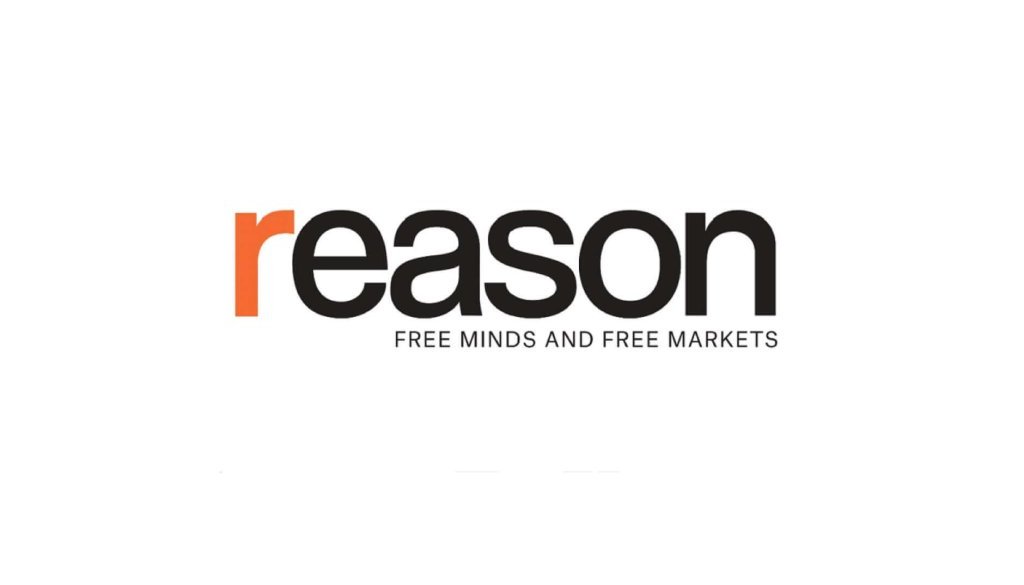Thoughts on the Oral Argument in the Oregon Case Against Trump’s IEEPA Tariffs
On May 21, The US Court of International Trade (CIT) held oral arguments in Oregon v. Trump, a case challenging Trump’s massive IEEPA tariffs filed by twelve states led by the state of Oregon. The Oregon case is similar to that filed by the Liberty Justice Center and myself on behalf of five US businesses harmed by the tariffs, though there are some distinctions (see here for a more detailed discussion).
I won’t try to go over the entire two hour argument here. Interested readers can listen to the audio available at the CIT website. And, as always, it is difficult to predict judicial decisions based purely on oral arguments. But I will say that, as in the argument in our case on May 13, the judges seemed highly skeptical of the government’s claim that the International Emergency Economic Powers Act of 1977 (IEEPA) gives the president virtually unlimited power to impose tariffs. Judge Restani repeatedly noted that the government’s position would allow the president to declare an “emergency” for any “crazy” reason, and then impose whatever tariffs he wanted. In response to the government lawyer’s assertion that the delegation of nearly boundless tariff authority was clear enough to satisfy the requirements of the major questions doctrine (a key issue in the case for reasons I describe here), Judge Restani said “[w]e’re having a lot of argument for something that’s clear” and that “It’s not clear to everybody.” Amen.
Unlik
Article from Reason.com

The Reason Magazine website is a go-to destination for libertarians seeking cogent analysis, investigative reporting, and thought-provoking commentary. Championing the principles of individual freedom, limited government, and free markets, the site offers a diverse range of articles, videos, and podcasts that challenge conventional wisdom and advocate for libertarian solutions. Whether you’re interested in politics, culture, or technology, Reason provides a unique lens that prioritizes liberty and rational discourse. It’s an essential resource for those who value critical thinking and nuanced debate in the pursuit of a freer society.


